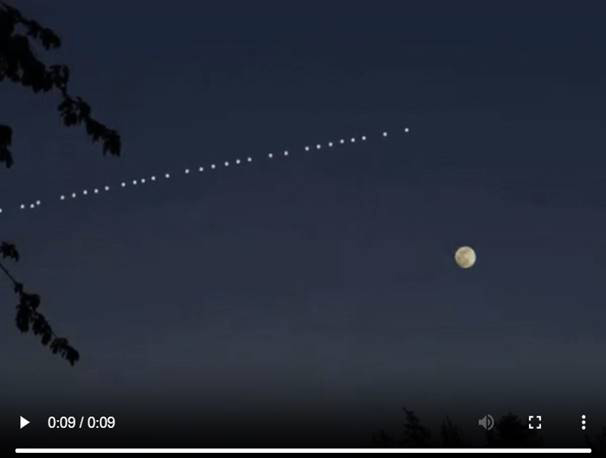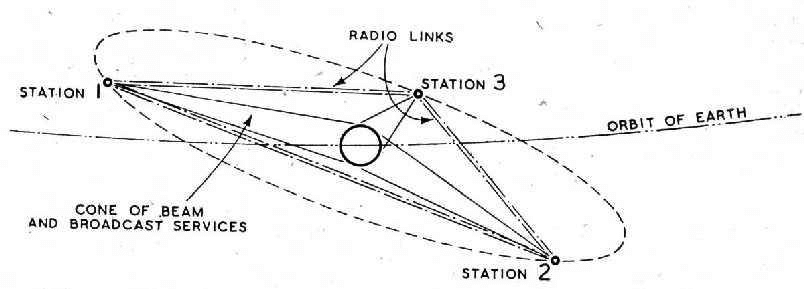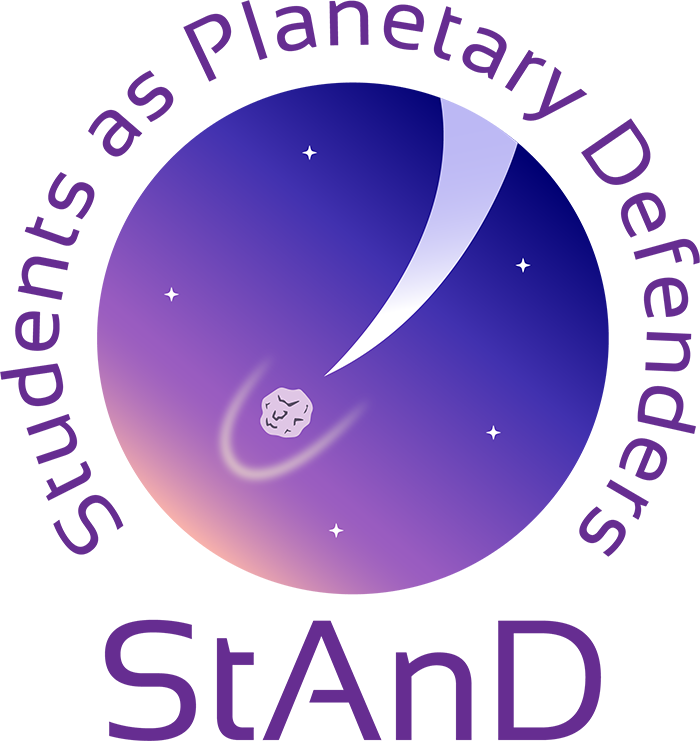We’re really impatient and can’t wait to start on the StAnD project, so we’ve taken a peek inside the Teacher’s Toolkit. It’s looking good, so we have to share it with you before we reveal all this summer…
This extract introduces the topic of space debris, particularly artificial satellites, and is part of a module that can be used in two 50-minute lessons:
Engaging with the topic
In 2020, during the COVID-19 pandemic, reports emerged from different parts of the planet of people observing rows of lights in the night sky moving rapidly. Many people were scared: was it an ongoing alien invasion?

➤ Read here about the repercussions of this observation in Brazil
No! It wasn’t an alien invasion yet, but one of the satellite launches from the American company Starlink that were being placed in orbit. These launches have been happening since 2019, but people began to notice with greater interest only during the pandemic.
Ask the students: If they were just satellites, why do you think many people were scared of the observation?
Satellites have populated people’s minds for a long time!
In 1945, radar technician Arthur C. Clarke, who would become famous as author of novel 2001: A Space Odyssey, published an article presenting the possibility of launching radio stations orbiting the Earth and allowing telephony and communication anywhere on the planet. These rocket-stations, as Clarke called them, would be operated by a fixed crew and only 3 of them would be enough to serve all humanity. A visionary!

The first satellite was launched into space only in 1957 – the Soviet Sputnik, slightly larger than a basketball – which was capable of sending only one beep to the planet.
Discussion and Survey: What do you know about satellites?
Ask the students to discuss and take note of what they already know about the subject: what are the uses of satellites, countries of origin, how many satellites exist.
Why not try creating an electronic form to interview other people at your school about the subject, and share your results with the class?
